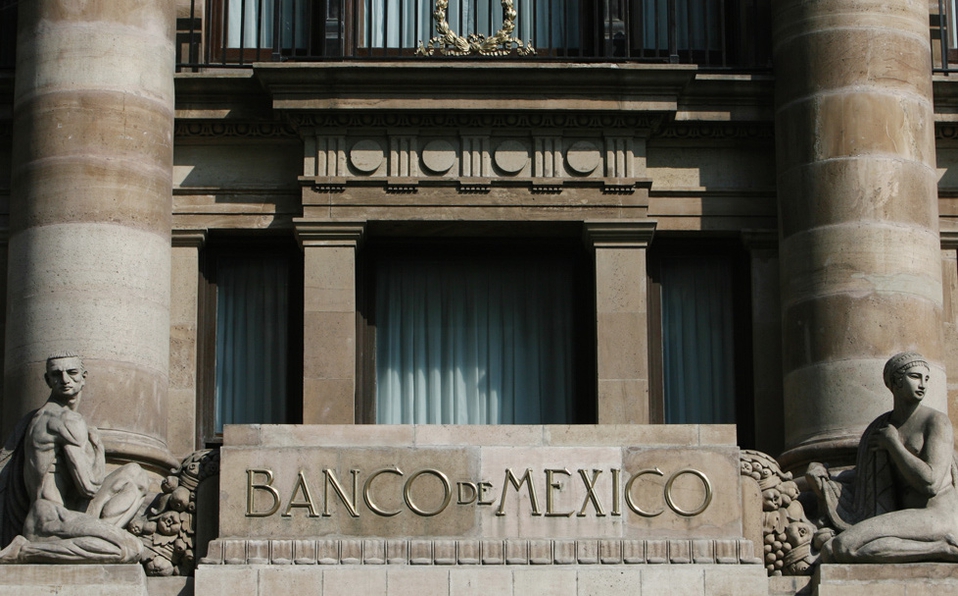“IT IS NOT ONLY SERIOUS, IT IS VERY SERIOUS”; Specialists respond to the change of law.
MEXICO CITY (El Universal) – The Senate’s plenary session approved the reform to the Bank of Mexico’s Law regarding the collection of foreign currency in cash.
With this, the central bank will be forced to absorb cash dollars from the financial system that circulate from tourist activities, remittances, and the surplus of the banks that repatriate their correspondents abroad, as well as others whose origin could be of illegal origin, explained Gabriela Siller, director of Economic and Financial Analysis of Banco BASE in a report.
According to Mrs. Siller, there are three relevant risks:
– First, changing the law of the Bank of Mexico without consulting it may be interpreted as a vulnerability of its autonomy, on which the reputation, necessary for the achievement of the stable inflation target, falls. Besides, as the administrator of Mexico’s monetary policy, the Bank of Mexico represents one of the pillars on which confidence in our economy is based.
– The second risk is the change, among other items, of article 20 in the Constitution, which dictates the assets the international reserves can use. This is especially important since it arises weeks after suggesting using international reserves to buy PEMEX’s debt. According to that same article, the government is not allowed to do so. The reserves are not government savings. They back up the money in circulation, so using them in a Mexican company’s debt would back up the circulation money. Also, international reserves are part of the balance of payments, and in the past, their decrease led Mexico to imbalances that ended up in economic crises.
– Finally, the third risk arises because the initiative proposes that the Bank of Mexico receive dollars in cash. Having a possible illicit origin would put the central bank at risk of being sanctioned by international institutions, with the possibility of freezing accounts and assets, among which are the international reserves.
It should be noted that financial institutions have so far been in charge of receiving cash from remittances and tourism and are subject to regulation in their operation to prevent money laundering.
The initiative arises to improve the operation of the Mexican financial system. Still, since it belongs to the Bank of Mexico, the best thing would have been to consult it and see the best alternatives and times to carry out the reform, considered Siller.

The Bank of Mexico aims to maintain the purchasing power of the currency under a low inflation system. For the implementation of monetary policy, economic theory dictates three tools: open market operations, legal reserve, and the interest rate. In practice, the interest rate is what works as the instrument.
Among the assets of the Bank of Mexico are the international reserves, which are denominated in dollars. Still, according to Article 20 of the Law of the Bank of Mexico, they can be composed of:
- Foreign bills and coins.
- Deposits, titles, securities, and other obligations payable outside the national territory, considered of the first order in the international markets, denominated in foreign currency and payable by governments of countries other than Mexico, international financial organizations or foreign entities, provided that they are payable at a term not exceeding six months or with ample liquidity.
- Credits payable by central banks, payable at a period not exceeding six months, whose service is current.
- IMF special drawing rights.
